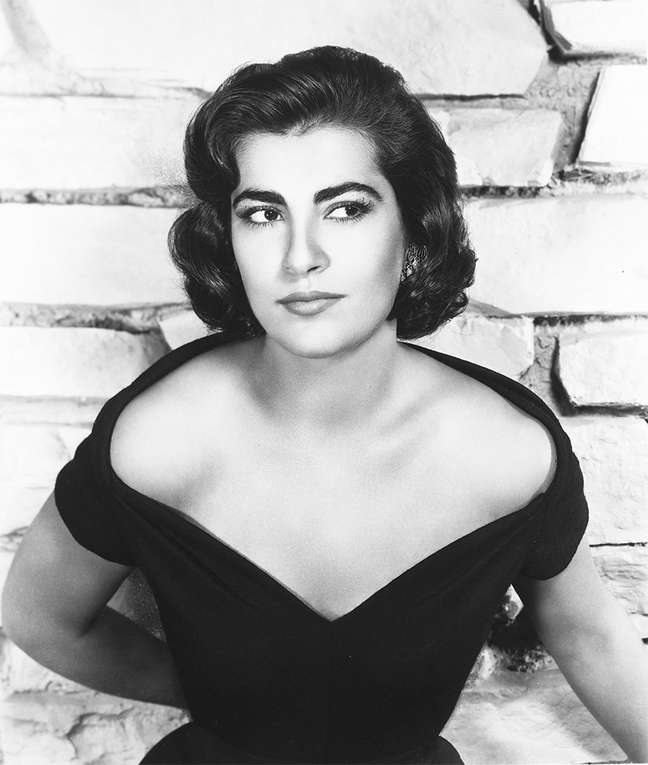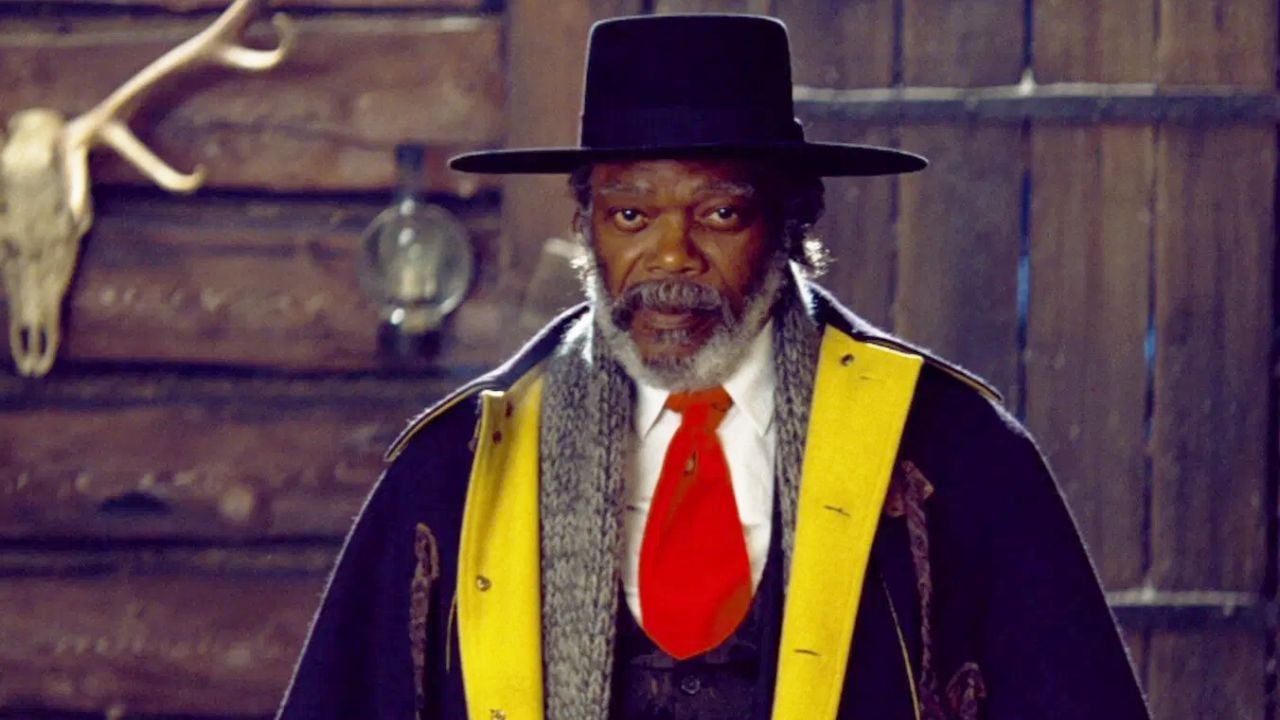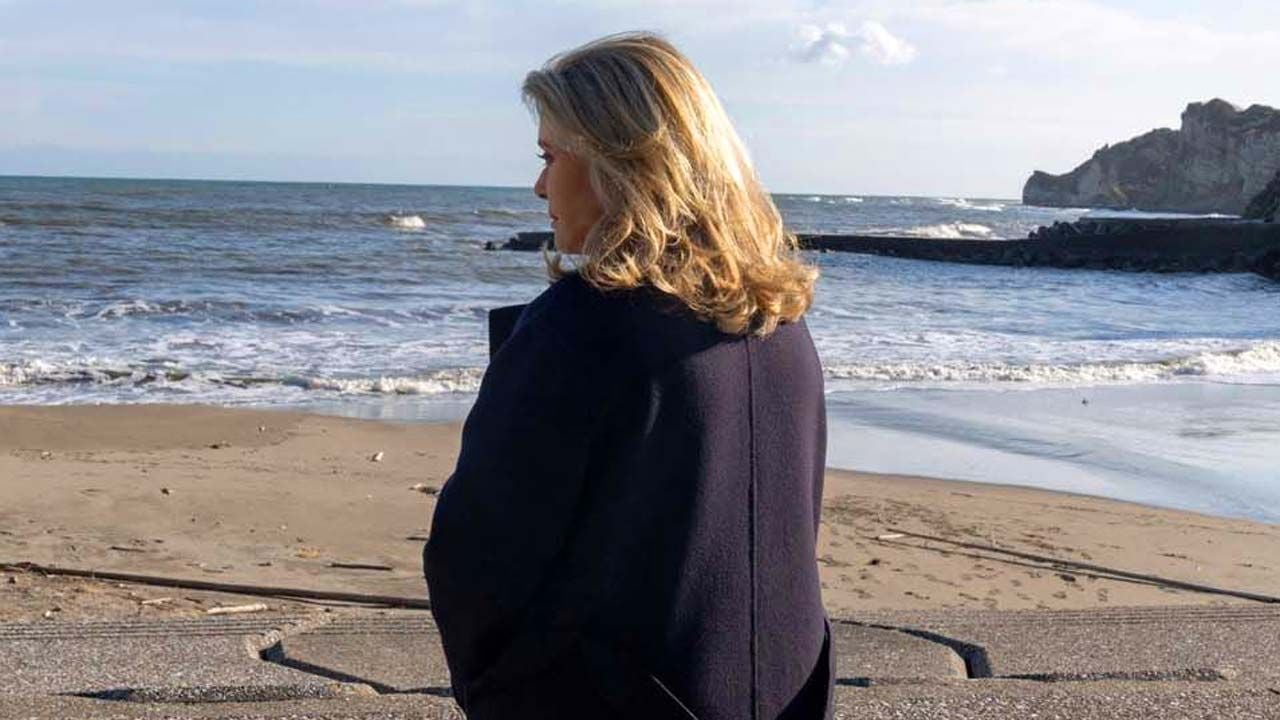
Greek actress Irene Papas, known for classics such as “The Cannons of Navarone” (1961), “Zorba the Greek” (1964) and “Z” (1969), died this Wednesday (14/9) at the age 93 years old.
The announcement was made by the Greek Ministry of Culture without revealing the cause of death, but the star’s health had been precarious for years. In 2013 she was diagnosed with Alzheimer’s disease.
The most internationally famous Greek actress, Irene Papas made her debut in more than 60 films over the course of her career and was awarded the Honorary Golden Lion at the Venice Film Festival in 2009 for her achievements.
The daughter of an acting teacher, Eirini Lelekou was born in a village near Corinth and attended the royal drama school in Athens. She became Papas in 1948, after marrying the theater director Alkis Papas, who took the then singer to the cinema.
After two minor films in Greece, Erini Papas Latinized her name to star in productions in Italy, becoming Irene in supporting roles in several productions in the country, such as “Gli infideli” (1953), by Mario Monicelli, and “Uma Daquelas Mulheres “(1953), with Totó, in addition to the epic” swords and sandals “” A Invasão dos Bárbaros “(1954), in which he collaborated with Sophia Loren and Anthony Quinn. Papas would soon become Quinn’s co-star in several films, forming a legendary duo.
He made his Hollywood debut in 1956 in the Robert Wise western “Honor of a Bad Man”. But it was only in the role of a leader of the Greek resistance in “The Guns of Navarone” that Hollywood realized it was facing a star. In the adventure set in World War II, he led British soldiers played by David Niven, Gregory Peck and Anthony Quinn on a secret raid to destroy a Nazi fortification off the coast of Greece. But even though she formed her first love interest with Quinn in the film, she proved to be colder and more heroic than the military throughout the entire mission.
She also appeared in the Disney adventure “The Secret of the Black Emeralds” (1964), with teenager Hayley Mills, before having a leading role in “Zorba the Greek” (1964), again opposite Quinn. Papas played a lonely widow who, after making love with an English writer (Alan Bates), was stoned by the inhabitants of a Cretan village.
Despite international productions, the star never left the cinema in her country. Instead, she became the official face of the great adaptations of Greek tragedies, starring in “Antigone” (1961) and “Electra, the Avenger” (1962) in the lead roles of her.
With “Electra”, the actress began a long collaboration with director Michael Cacoyannis, with whom she completed a trilogy based on Euripides’ plays, including “As Troianas” (1971), in which Helen of Troy lived, and “Iphigenia”. “. (1976).
As famous as his career as an artist was his personal life. She was only 21 when she first married director Alkis Papas and the relationship lasted only four years, ending in 1951. But three years later, she Irene found the love of her life, none other than Marlon. Brando.
“Since then I have never loved a man as I loved Marlon. He was the great passion of my life, absolutely the man I cared about most and also the man I cared most about, two things that are often difficult to reconcile, ” she has arrived. her to admit in an interview.
Irene doesn’t mince words either. Outspoken liberal – in Bolsonaro’s Brazil she would have been called a communist – she led the call for a “cultural boycott” against the “Fourth Reich,” as the Greek dictatorship called it. She was exiled in 1967.
Abroad, his career continued to flourish. He starred in the drama “Blood of Brothers” (1968) by the American Martin Ritt, in the historical epic “Anna of a Thousand Days” (1969) by the British Charles Jarrott, in detective stories by the Italians Umberto Lenzi (“An Ideal Place to Kill “, 1971) and Lucio Fulci (” O Segredo do Bosque dos Sonhos “, 1972), and in the great political classic” Z “(1969), of his compatriot Costa-Gavras exiled, banished to Greece – and even by the Brazilian military dictatorship , by signal.
Even with the fall of the military junta in 1974, when he was able to return to his country, Papas maintained international contacts, working in Hollywood with Terence Young (the first director of “007”) in “The Heiress” (1979) and with John Landis. in “A Very Dangerous Romance” (1985), in two dramas by the Italian Francesco Rosi, “Christ Stopped in Éboli” (1979) and “Chronicle of a death foretold” (1987), and in two Arabic epics of the Syrian Moustapha Akkad, “Mohammed – Allah’s Messenger” (1976) and “The Lion of the Desert” (1980), both again alongside Anthony Quinn.
Irene Papas has also starred in Portuguese-spoken films, including the Brazilian production “Erêndira” (1981), by Ruy Guerra, where she starred opposite Claudia Ohana, and in three feature films by Portuguese Manoel de Oliveira, who called “the mother of Western civilization” – “Party” (1996), “Disquiet” (1998) and “Um Filme Falado” (2003), the penultimate release of her film career.
The actress also starred in “Captain Corelli”, by the English director John Madden, opposite Nicolas Cage and Penélope Cruz, and said goodbye to the screen with a film she directed, “Hecuba”, a new adaptation of Euripides, released in 2004. .
In addition to her theatrical career, she has excelled in epic television superproductions, including two miniseries based on Homer’s “Odyssey”, in the role of Penelope in 1968 and Anticlea in 1997, and in another on the Jewish exodus, “The Promised Land – The True Story of Moses “, like Zipporah in 1974. He also pursued a theatrical career for several decades, adapting his favorite Euripides, but also Shakespeare, Ibsen and many other theatrical classics.
His career also extends to music. In 1969, she recorded an album of songs by another exiled Greek artist, composer Mikis Theodorakis (the composer of “Zorba the Greek”). And he caused scandal with his participation in the concept album “666”, by the progressive rock group Aphrodite’s Child, playing “vocal orgasms”. From this album was born his collaboration with keyboardist Vangelis, one of the band members, with whom he worked on two other albums: “Odes” (1979), with Greek popular songs, and “Rapsodies” (1986), with Byzantine liturgical hymns.
A complete artist, who in 1995 received the insignia of the Order of the Phoenix, one of the largest decorations in Greece, conferred by the then president Konstantinos Stephanopoulos.
Source: Terra
Camila Luna is a writer at Gossipify, where she covers the latest movies and television series. With a passion for all things entertainment, Camila brings her unique perspective to her writing and offers readers an inside look at the industry. Camila is a graduate from the University of California, Los Angeles (UCLA) with a degree in English and is also a avid movie watcher.






![Tomorrow belongs to us: What awaits you on October 14, 2025, Tuesday, October 14 [SPOILERS] Tomorrow belongs to us: What awaits you on October 14, 2025, Tuesday, October 14 [SPOILERS]](https://fr.web.img4.acsta.net/img/3a/6b/3a6b6c830f9faa61c326457b86fe9dcd.jpg)

